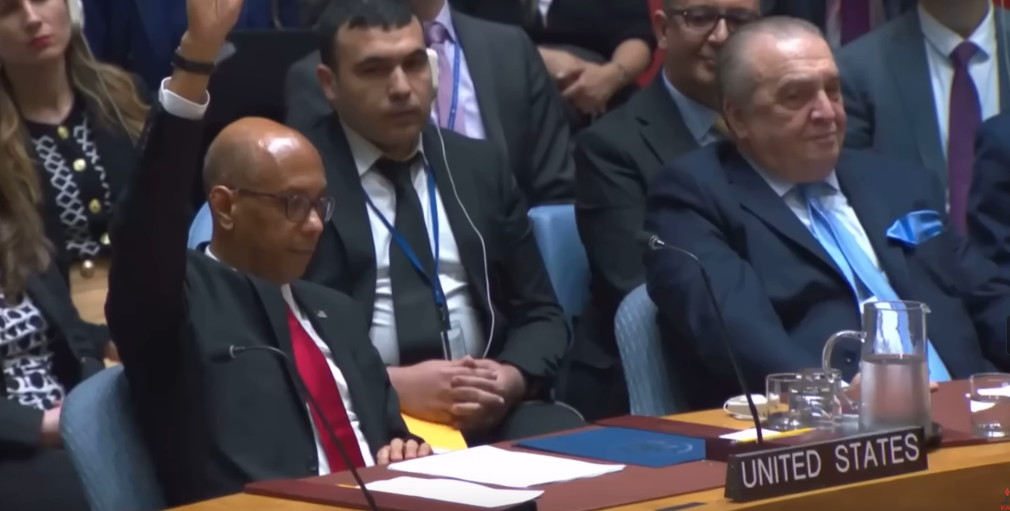A play review of "Mr. Hirsch Died Yesterday" running at the Castillo Theatre until Feb. 20th
“Mr. Hirsch Died Yesterday” at the Castillo Theatre,
located at 543 West 42nd Street in Manhattan, but lives on spectacularly
through the lively cast consisting of Lindsay Arber, Dana Berger, Zoe Geltman,
Ben Prayz, Debbie Buchsbaum, Joseph Mallon, Katya Pucci, Moshe Yassur, Reynaldo
Piniella and community activist Lenora Fulani, in her debut role. Renowned producer Woodie King, Jr., also makes
his debut as director in this production.
King skillfully etches a course through history and the nature of human
kind which makes the show a thought provoking piece of theatre.
The audience is not told Mr. Hirsch’s history or
what he suffered in life to make him become a disheveled, unshaven, unpleasant
and angry old man. We assume he came out
of the era of Nazi Germany. We know he
is a contradiction because despite his bitterness, he co-owns a sweet
shop. His partner is his brother-in-law
and complete opposite. Mr. Hoffman
(Joseph Mallon) is well liked, while Mr. Hirsch (Moshe Yassur) is not.
Widowed, Hirsch claims he dislikes the children who
come to his sweet shop, yet he makes certain that he orders the cherry
marshmallow candy he knows they like.
Although he might grumble when asked, he lends money to the children and
donates money to charity. Yet he is
slandered as a phony by the ruthless Sadie Greenberg (Freda Greenberg’s mother)
whose own behavior is unsavory. One is
made aware of the duality of personality and circumstance as the “nice” and
“not so nice” co-mingle throughout the performance.
Those around Hirsch rarely look beneath the surface,
content to keep judgmental and critical banter ongoing. This overall dislike
toward Hirsch by the kids and parents who frequent the malt shop does not serve
to dissuade his sense of hopelessness, or uplift or change the negative climate
around Hirsch who eventually orchestrates his own demise.
One might note that the negativity and demonstrated
violence that existed in Hirsch’s time continues to exist in this time. There is a tendency to blame the victim and
seek to divide rather than work together for a common goal and/or positive
outcome benefiting the whole rather than the few. This attitude of laissez-faire within the population to accept rather than
challenge, demonstrates a general refusal to admit that lack of action only
results in the continued status quo.
Playwright Fred Newman suggests via his play, that
as much as events and technology have changed, people have relatively remained
the same. Hirsch does nothing to improve
his circumstances making the choice to lie dormant rather than take responsibility
for his morose state. Those around him
comment on Hirsch’s lack of niceness while demonstrating their own
mean-spirited behavior; something we see all too often in recent time.
“Mr. Hirsch
Died Yesterday” is a period piece that takes us through several wars, human
rights, counterculture and the social revolution of the 1960s. The 1970s saw an outcry to end the Vietnam
War. It heralded in the “Me decade” which saw Americans leaning toward atomized
individualism and away from communitarianism in direct contrast to the
1960s. The 1980s, gave us Ronald Reagan
and Margaret Thatcher and a move away from morals. The idea that “greed” was a good thing became
popular. The 1990s brought in the Post Modern Age, ushering in a proliferation
of new media and the Internet. The 2000 decade found globalism, terrorism, unemployment,
war, and the Bush Administration’s dismantling of America; a taint upon the
prior generation’s efforts to win equal rights and freedom clandestinely
overturned by the Patriotic Act while a sleeping and gullible America
irresponsibly let fear mongering deny them of their inalienable rights.
Psychologist, psychotherapist, political activist,
and All Stars Project founder, Lenora Fulani, does a believable job in the role
of the older black Freda as does the younger Jewish Freda played by Lindsay
Arber. One cannot take this play literally or at face value since there are
varied shades to this play. There are
many allegories and metaphors threaded throughout the show that state whatever
our challenges and differences may be, ultimately we are the same and share the
same history. History is not experienced
by an individual alone but by all of us.
It is society as a whole that
decides their future and whether we make choices to put our governance in
another’s hands or become accountable ourselves. In the long run, we are ultimately
responsible for what we allow the outcome to be.
I surmise that Mr. Newman via his play attempts to
inform us that change is the only constant in life. Thus, there is a need to let the harmful attitudes
of the past die so that the future can be reborn in newer and more beneficial
ways.
“Mr. Hirsch Died Yesterday,” runs until February 20th.
Be sure to catch it.











